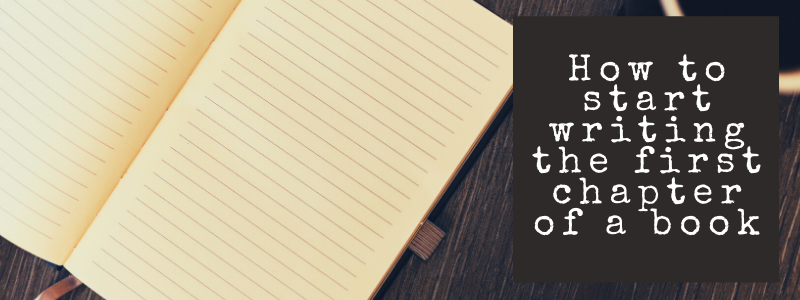Be proud of your BIG vocabulary!
I saw a post on the Twitter recently about having a large vocabulary. The consensus seemed to be this: a large vocabulary isn't important to being a writer. Moreover, simple is usually better than complicated.
I respectfully disagree. It is good to have a big vocabulary and to explain why I'm going to use a little analogy if I may.
Do you remember early digital cameras? Maybe you have a mobile phone circa 2004 that could take photos. If you did those photos were almost certainly a little pixelated and indistinct. That's because early digital photos were low resolution. The camera had to make the image up from a limited palette of colours and pixels. That limitation means that whilst the image is captured it lacks nuance. It's approximated rather than precise. Conversely, newer, higher resolution cameras capture more faithful images. More megapixels, more nuance. You see where I'm going, right?
I respectfully disagree. It is good to have a big vocabulary and to explain why I'm going to use a little analogy if I may.
Do you remember early digital cameras? Maybe you have a mobile phone circa 2004 that could take photos. If you did those photos were almost certainly a little pixelated and indistinct. That's because early digital photos were low resolution. The camera had to make the image up from a limited palette of colours and pixels. That limitation means that whilst the image is captured it lacks nuance. It's approximated rather than precise. Conversely, newer, higher resolution cameras capture more faithful images. More megapixels, more nuance. You see where I'm going, right?
Having a big vocabulary is not about constantly using fancy words. It's about having the breadth of lexical resources to select the most appropriate words to faithfully communicate an idea. It's about having the best words for the job. In the same way that digital cameras with more pixels and colours better represent images, writers with more words at their disposal can better represent the ideas they wish to convey.
Put simply, simpler words are not always preferable. Not all synonyms mean exactly the same thing. Let's take the word 'throw'. Synonyms include lob, heave, hurl, bunt, fling and pitch. These all indicate subtly different actions, from the direct and forcefulness implied by 'pitch' to the off-handed, carefree 'fling'.
I should add at this point that vocabulary should be distinguished from register. Do you write children's books? You'll use a different register of language to someone who writes adult fantasy. But having a broad vocabulary is still important in both in order to be effective as a writer.
So, what am I driving at? I guess it's this - be proud of your big vocabulary. Words are important. They have power. The greater your mastery of words, the more power you can exert with them. Well, that's the idea anyway.


I agree! The greater the grasp on words and language the more immersive the writing can be! Who doesn't love getting lost in a really well written book!
ReplyDelete